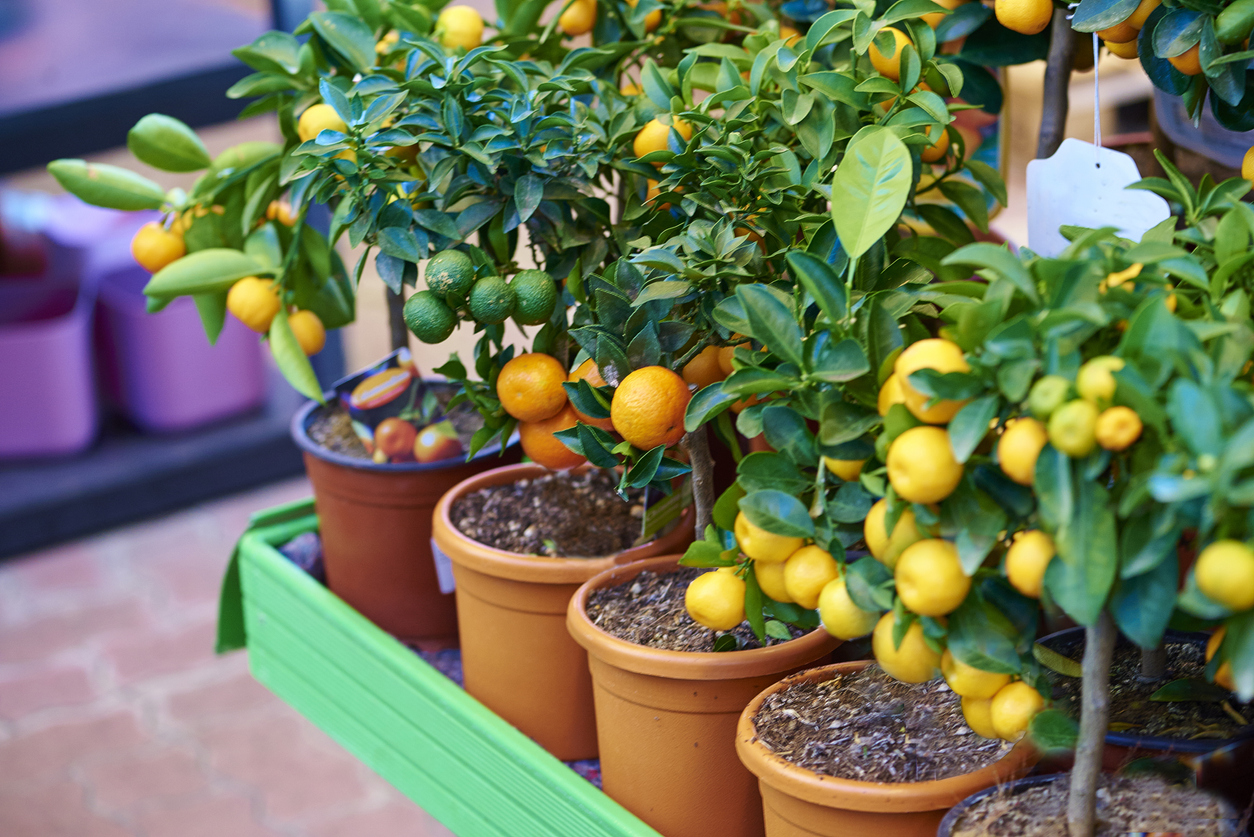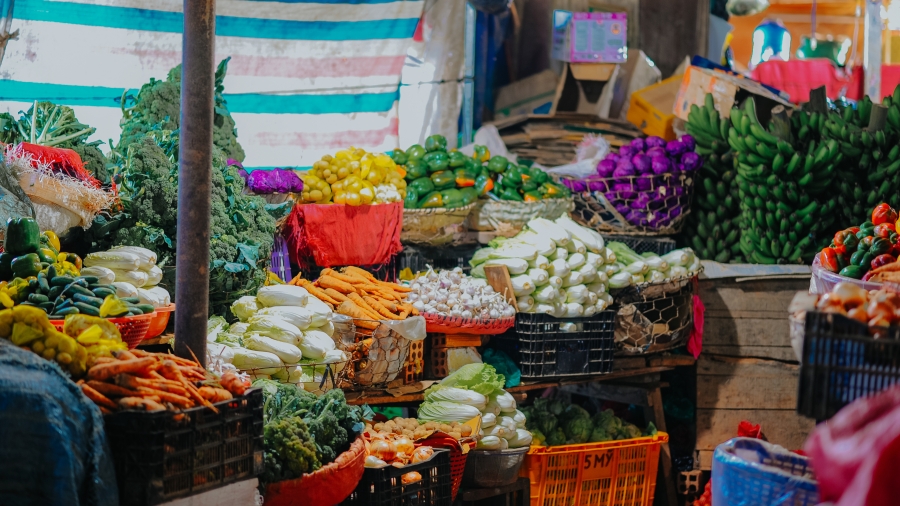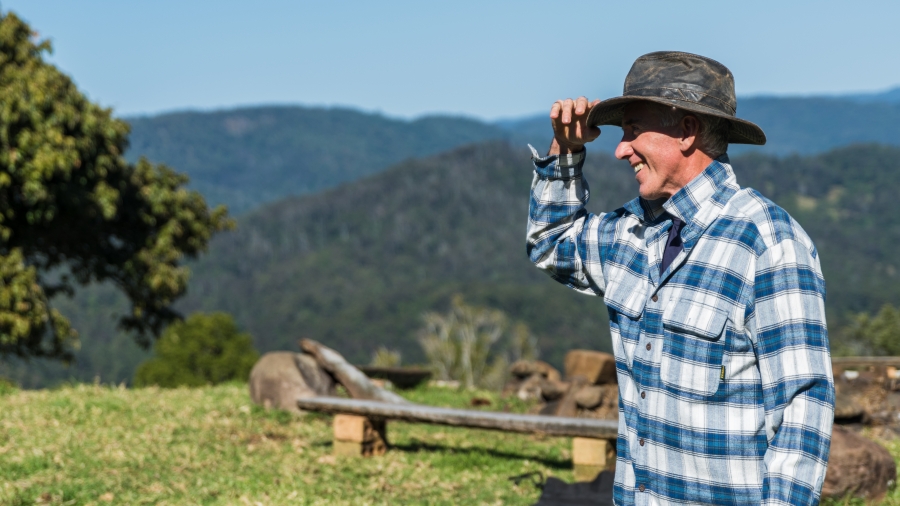
Fruit tree demand as a barometer of resilience? A zip code analysis of the impact of the pandemic on horticultural services
Janis Norton, Urban Farm LLC
"The solution for one person’s challenge is another person’s opportunity."
- Janis Norton, KER fellow 2020
Background
Food security and self-sufficiency are important factors impacting local resilience. With the 2020 coronavirus impacts on existing food systems and resulting food and supply shortages, food security has been negatively affected. One option offering a sense of control to individuals is growing some — or most — of their food at home. How much this perception is affecting local programs is not yet known, but it may be driving sales of gardening related supplies, educational courses, and food-bearing plants to higher than normal levels.
COVID-19’s impact test on our local food system provided an opportunity to measure how members of the general public might seek to improve their own resilience during a crisis by growing food at home — specifically by investing in fruit trees and supplies.
The Urban Farm has been providing climate and seasonally appropriate fruit trees alongside an education program and support for twenty years. The 20th anniversary of the education program which took place from September 2019 – February 2020 was thought to be a very good year for the program overall. Specials and sales incentives drove a 66% increase in sales over the previous year. However, the program experience for the “Early Bird” opening sales season (a time period of July through October) of 2020 showed significantly higher customer interaction. Measuring this customer response in sales orders could reveal much on how and where the coronavirus and its associated food system concerns impacted this food growing program.
The Urban Farm's Fruit Tree Education Program has been featured in Arizona Health and Living Magazine and Phoenix Home & Garden. View one of the Urban Farm's virtual classes below.
Research questions
-
In relation to fruit tree education and supplies, was there a difference in improving personal food resilience in a pandemic compared to previous years?
-
How did more pressing food security concerns impact an existing local food education and nursery program?
-
How much of the sales increase was in local purchases, and which areas show the most increase?
-
Were any areas of the local community not included in the sales map?
Methods and findings
The Urban Farm’s Fruit Tree Program is initiated with an early September kick-off event highlighting education on growing fruit trees in the local general desert climate, followed by several months of online sales in two ‘seasons’ and two fruit tree pick-up phases. Norton analyzed sales reports from each Early Bird Season, which typically opens in August and goes until the first weekend in November each year. She found that while the quantity of sales transactions was more than double that of each of the previous three years, the average individual sale increased only marginally. The increased sales levels were not a surprise as the attendance of the associated free classes had jumped dramatically, and the Virtual Kick Off event at the beginning of the sales period was highly attended. However, the sales volume was even more than expected.
Partners
The Urban Farm
-
Janis Norton, General Manager
-
Greg Peterson, Proprietor
-
Frances Parsons, ASU Intern
Impact
Resisting an over-reliance on industrial food systems is key to avoiding cascading systems failures. The local food system in urban areas is at risk from a number of threats. Environmental threats such as extreme weather, fire, flood, pests, and disease can affect the supply chain in minor to major ways. Economic threats such as job loss, market crashes, industry closures, and recession can affect the purchasing power of all levels of the food system from the grower to the consumer. Local and interstate infrastructure disruptions can wreak havoc; for some cities, a highway closure lasting two to three days can cause major disruptions in the food supply chain.
Food growing education and access is a need regardless of age, race, or socio-economic background. In a region such as the Sonoran Desert, additional climate factors pose challenges to growing healthy food. Sharing free education on fruit tree care and management helps to create a healthier, more resilient food system.
Food security is a critical element of resilience; if local food systems collapse, community reliance on personal food production is a telling factor in its ability to recover from both short-term and long-term threats.
Deliverables
For this project, Norton produced Fruit Tree Program Early Bird Season sales reports for the last several years including date of sale, total purchase amount, and zip code. She then created graphs and charts to compare this data over time and place.
Janis Norton
Program Manager
The Urban Farm
Community Fellow, 2020
Janis Norton is the Program Manager for the The Urban Farm. Urban Farm offers permaculture and local food system education classes variating depending on the season. She facilitates the owner's creative ideas, organizes the education classes, events, and projects. She also serves as a podcast producer -- she recruits, schedules, and manages guest interviews and develops scripts, and show notes.


